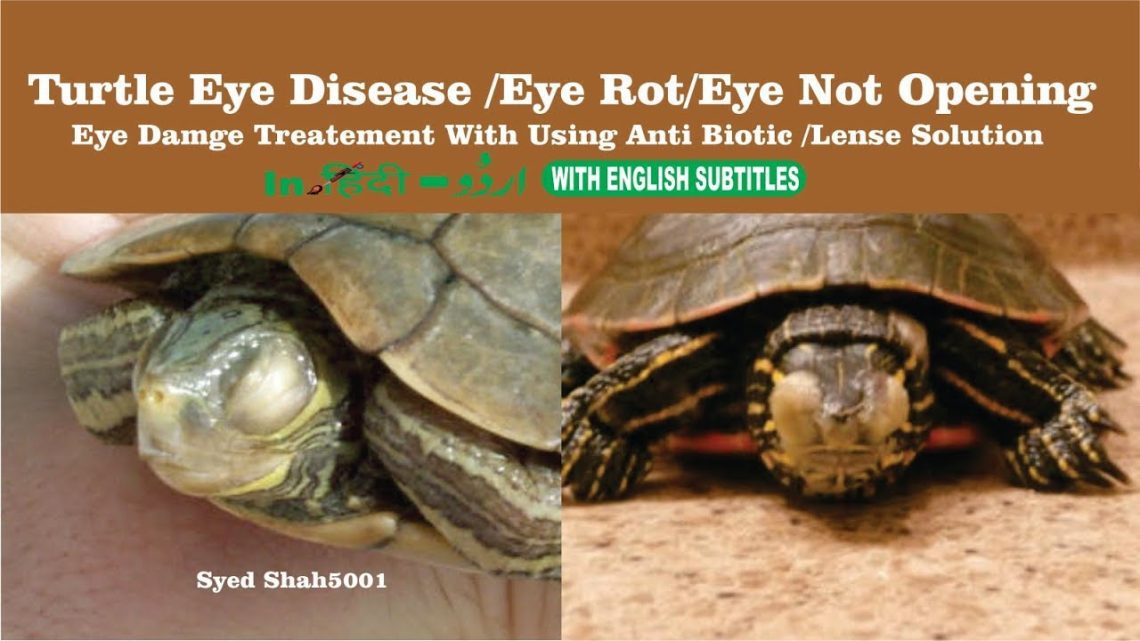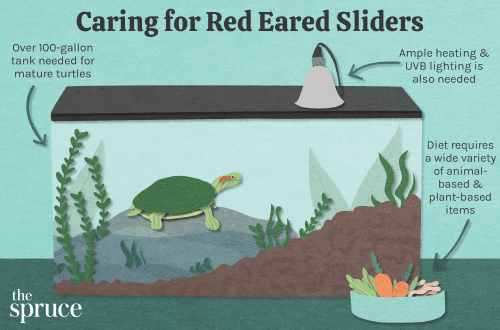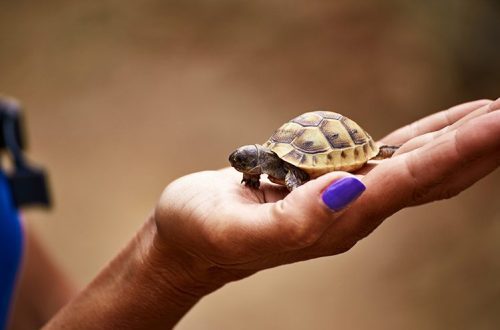
Turtle eye diseases
Eye diseases in turtles are quite common. As a rule, with the level of timely diagnosis, there are no problems with treatment, but neglected cases can lead to serious consequences, up to loss of vision. What kind of diseases are our pets prone to and what provokes their appearance?
Symptoms of eye diseases in turtles:
Redness of the eyes and eyelids
Clouding of the mucous membrane of the eye
Swelling, swelling of the eyelids and nictitating membrane
Discharge from the eyes
Yellowness of the sclera
Eye drop
Sticking eyelids
White patches on the eyeballs
Slow reaction of the eyeball
Corneal or eyelid injury
The listed symptoms can be combined with more general ones: weakness, loss of appetite, fever, etc.
The most common diseases in turtles kept at home are conjunctivitis, blepharoconjunctivitis, panophthalmitis, uveitis, keratitis, and optic neuropathy.
Conjunctivitis (inflammation of the mucous membrane of the eye) is the most common ailment. The causes of the disease can be different: both external and internal (eye injury, chemical burns, etc.). Conjunctivitis is also provoked by unfavorable conditions of detention (most often a rare change of water) and a lack of vitamins due to malnutrition. The main symptoms of the disease are swelling, strong discharge from the eyes and redness of the eyelids. With timely diagnosis and treatment, it is not difficult to eliminate the disease.
Blepharoconjunctivitis (inflammation of the eyelid) occurs due to a deficiency in the body of vitamin A. Yellowish discharge, similar to pus, accumulates under the lower eyelid, in the conjunctival sac, and the swollen nictitating membrane covers the eyeball. This disease provokes a decrease in appetite and weakness, which, in turn, increases the likelihood of kidney failure.
Panophthalmitis is a lesion of the tissues of the eyeball caused by a purulent infection. Symptoms: the eyes swell and enlarge, the eyeball becomes cloudy. In a neglected state and with poor-quality treatment, panophthalmitis leads to eye loss.
Uveitis is also an infectious disease. Uveitis affects the choroid of the eye. Symptoms: accumulation of secretions, including pus in the lower part of the eye, as well as general weakness, refusal to eat, exhaustion, etc. Usually, uveitis is bilateral in nature and occurs against the background of a severe cold, hypothermia, pneumonia, etc.
Keratitis is a non-infectious disease that often occurs after a wintering period or after injuries. It is a loss of exudate of a protein nature on the inside of the cornea. Symptom: cloudy plaque on the cornea that cannot be removed. Spots of blood on the eyeball indicate physical damage to the eye.
Optic neuropathy can develop after a long winter, with a sharp drop in temperature in the wintering chamber (in terrestrial turtles), as well as with a lack or excess of vitamins in the body. Turtle eyes are very sensitive, and just a few hours of unfavorable temperature can lead to temporary or complete loss of vision. This disease can affect one or both eyes. Symptoms: the eyelids are closed, the pupil is narrowed, the eyeball falls. The lens, vitreous body, retina, etc. are affected. The disease causes cortical cataract, neuritis and atrophy of the optic nerve, paresis of the nerves and muscles of the eyes. In advanced cases, the disease also affects the facial and trigeminal nerves, muscles of the neck and forelimbs. The result of treatment depends on the severity of the disease. If neuropathy is started, the treatment prognosis becomes unfavorable.
If symptoms of disease occur, the turtle should be taken to a veterinarian as soon as possible.
Diagnosis and treatment should be done exclusively by a doctor. Do not try to treat a pet on your own, each disease has its own nuances – and in most cases, self-treatment only complicates the situation, leading to irreversible consequences.
Remember, the well-being and even the life of your pet depends on how quickly quality treatment is prescribed. Be healthy!





